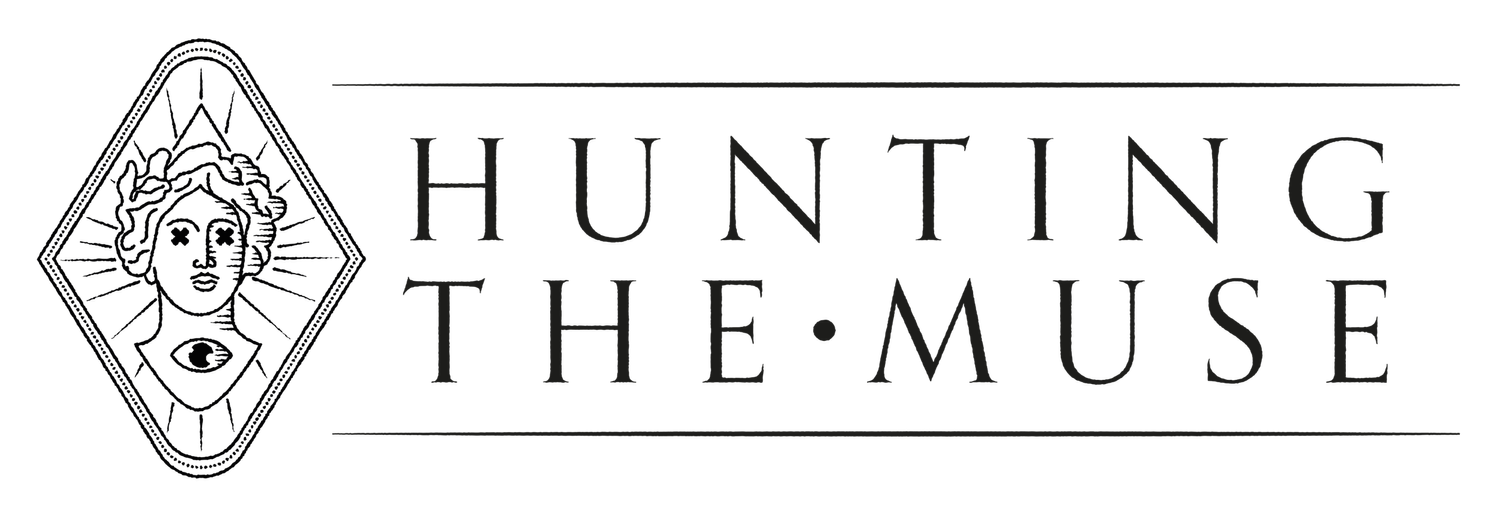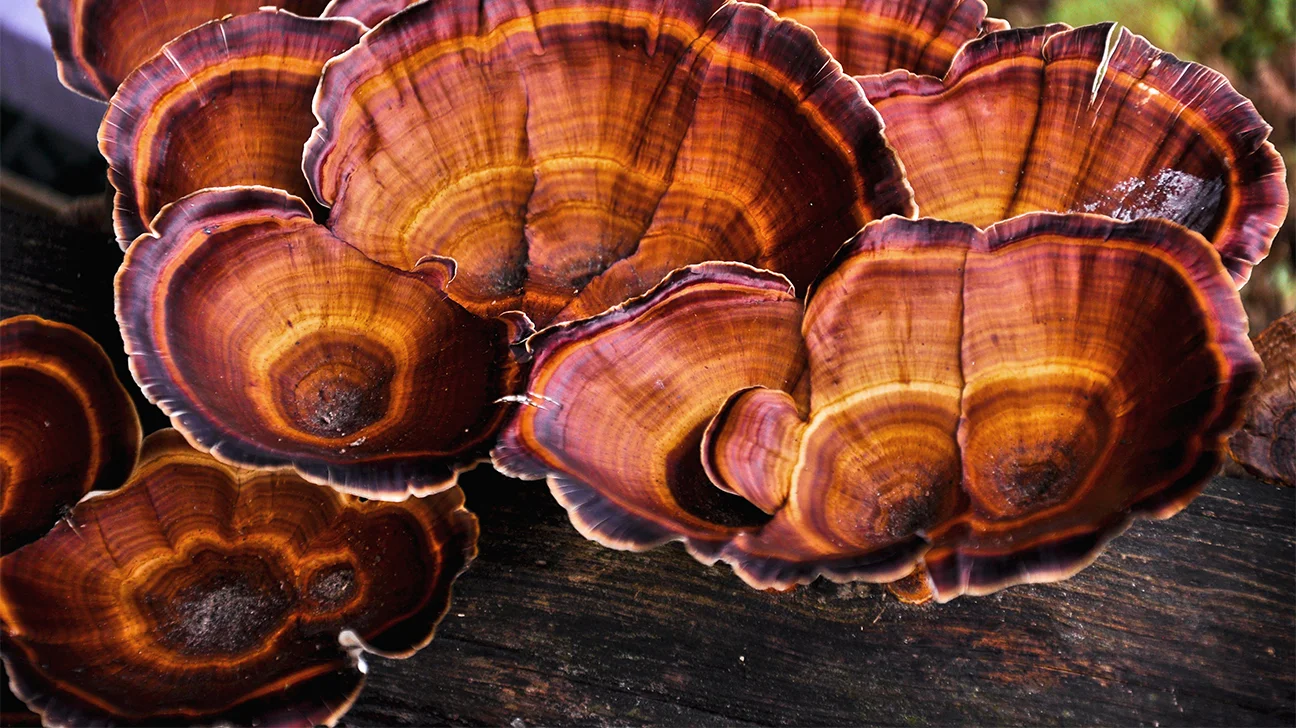I tried 6 nootropics for creativity — here’s what happened to my writing
When Bradley Cooper’s character in the 2011 movie Limitless starts taking the magic productivity drug NZT, I have to confess—I was jealous.
If you are unfamiliar with the movie, NZT unlocks ‘100%’ of your brain: enhancing memory and intelligence until the protagonist evolves from a self-conscious writer to a millionaire stock trader.
But I wasn’t jealous of his suits, jets, and that he’s Bradley-bloody-Cooper.
I was jealous he made a bestselling novel in just a few days.
Although NZT doesn’t exist, I’ve been looking for supplements that can kick my creativity into a similar style of hyperdrive: inducing a steady calmness and concentration.
It led me to try the six natural nootropics in this article in the search for my writing supplement stack.
Contents:
Criteria and disclaimers
I’m no scientist or doctor (consult them before taking anything) and my analysis is purely personal and anecdotal. I will share my experiences and, when applicable, documented research on the effects of each supplement (thanks PubMed).
I tested doses of these supplements individually, investigating how they impacted the four F’s below. This results in my overall 💡 lightbulb score 💡 (out of 5 lightbulbs):
Flow: Is there a feeling of absorption with tasks, where I lose track of time?
Focus: Was I consistent or distracted with writing and creative tasks?
Feeling: Is there a physical and emotional sense of well-being?
Final results: Did I finish what I set out to create? Was I pleased with it?
1. Caffeine
Let’s get the obvious out of the way. If you’re a coffee drinker, you’ll be familiar with its effects: with a decent cup you’re completely locked in to your task—your fingers running at high-speed as you sit a wide-eyed menace in the corner of the cafeteria.
For a writer, coffee is a whip-crack in the morning to get the words flowing. It’s the oil that greases gears that channels idea to words-on-page. With the right amount, you’re set to an automatic state of productivity, which I find great for editing.
But to quote commentators of WWE when a giant man picks up a smaller high-flying luchador: ‘What goes up must come down’.
Here I go—on my way to another panic attack while writing this article.
I don’t find caffeine sustainable for creativity as it’s not something I can sit and think with. After multiple cups, that whipping I mentioned to crack into gear now feels like multiple whips held by an army of tigers chasing me through the jungle. In the wrong environment, or with the wrong mindset, caffeine is a recipe for creative disaster—filling you with anxiety, overthinking, and doubt.
Coffee is less jittery when I combine it with some of the other nootropics in this list. That’s why I drink Upraising’s Flow State coffee every now and then, which combines coffee with some of the other natural nootropics (Lion’s Mane, Bacopa, and L-Theanine). If you want to give it a try, don’t forget to save 10% with the discount code HUNTINGTHEMUSE.
Verdict
Flow: With the right focus, you can become one with your keyboard.
Focus: Locked in within bouts, but easily distracted.
Feeling: Super at the start. Crap in the crash.
Final results: Helps me edit and click publish, particularly in a coffee shop.
Score: 💡💡💡
2. L-theanine
Next, caffeine’s opposite: L-theanine.
L-theanine is often consumed as a buffer to caffeine since it is primarily found in black tea, green tea, and matcha. It gives you a relaxed focus, countering tiredness without the threat of a crash.
Drinks like black tea (approx 5-20mg of l-theanine per cup), green tea (approx 5-30mg per cup), and matcha (approx 25-40mg), increase levels of calming neurotransmitters like GABA, serotonin, and dopamine. These help regulate mood and reduce stress without forcing you into a siesta.
Matcha is aesthetic as hell too.
I’ve switched from coffee to tea and matcha multiple times, and I always feel better for it. I only start to crave coffee again when I need a strong push of external motivation. This is usually when I’m sleep deficient — a dangerous loop to with caffeine thanks to its uplift-then-crash rhythm.
I find l-theanine reduces anxiety and jitters and makes it easier to deal with prioritization, multi-tasking, and longer periods of focus. In my tests, teas are better for more cognitive tasks, whereas coffee is better for physical exercise.
If you can motivate yourself without needing more caffeine, teas, and therefore l-theanine, are the way forward. Try it long-term and enter monk mode.
Verdict
Flow: Easily and deliberately slip into flow states.
Focus: Zen-like focus, almost meditative.
Feeling: Reduced anxiety, creating headspace to do your best work.
Final results: I can dedicate more time to creativity with tea over coffee.
Score: 💡💡💡💡
3. Lion’s mane mushroom
Uh-huh. Mushrooms. Used for centuries in traditional Chinese medicine as a tonic to improve digestion, focus, and energy, lion’s mane grows on the trunks of hardwood trees.
And if you saw them you’d notice them. They look how I’d imagine sheep to look on an alien planet: lumpy, fluffy forms with dangling white spines. These shrooms are known to be incredibly good for your brain.
The alien sheep-slug in question.
I now realise there’s a ‘with lion’s mane’ version of me, and a ‘without’. I took 1g every day for 10 days to test the impact of this supplement. Then I doubled the dose for five more days, and tried 10 days without them to see the difference.
The ‘without’ me is more sluggish, more prone to jump between tasks, and it feels like my energy is more easily sapped from meetings and focused work. But lion’s mane sucks the fog from my brain. Overall I’m brighter and more positive, and I feel sharper and focused.
These benefits transfer to my writing, too. I enjoy the process, and it feels less of a slog to create decks, articles, and stories. Additionally, my dreams are more vivid, and I have noticed that my Spanish is more fluid too. Studies suggest that lion's mane supports the growth and repair of neurons, and man, that’s how it feels.
Many coffee products now contain lion’s mane, with Four Sigmatic being the most well-known. It’s a powerful mix to combine these mushrooms with caffeine, though I prefer to have the choice of taking the extract directly. Now my weird-looking mushroom friends are my brain’s best friend.
Verdict
Flow: Easy to lock in without jitters or high pressure.
Focus: Subtle, but noticeable.
Feeling: Lower anxiety and more energy that I can use for creative pursuits.
Final results: It’s helping me create this article, and stay on course with this website.
Score: 💡💡💡💡💡
4. Reishi mushroom
There’s a reason reishi is also known as "Lingzhi" (灵芝) or ‘mushroom of immortality’ in Chinese.
It’s been used for centuries and was considered precious to ancient Chinese emperors because of its immune system support, cardiovascular benefits, and anti-inflammatory properties. And now you can just buy it on Amazon. What a world.
I’ve tested reishi in two forms: one with coffee for a month, and one in extract form (1g in the morning, then 1g in the evening). With the coffee, the reishi has a similar effect to l-theanine on caffeine, buffering its effects (though this was very strong coffee). And it felt great! No jitters, no crash.
🤩
As an extract, it has more of a calming effect and felt quite sedative to me without caffeine. This can, as you imagine, not help your creative work, particularly writing which requires long hours of focus. It can, however, lead to more clarity (it has the word ‘lucid’ in its name, Ganoderma lucidum), plus a great quality sleep that can leave you feeling empowered the next morning.
I was taking 1g of the extract every day, and I stopped testing it just short of 10 days. I was too relaxed, too sure, and without drive or focus. That’s when I switched back to lion’s mane.
But did it help my writing? It’s tough to say. However, if you want a good night’s sleep, and you're interested in being ‘immortal’ if the ancient Chinese are to be believed, I recommend reishi.
Verdict
Flow: No notable effects on how often I perceived focus or time.
Focus: A subtle calmness and clarity.
Feeling: A chilled-out, confident mood.
Final results: Not what I would rely on, but I’m interested to discover more.
Score: 💡💡💡
5. Bacopa
Enough of mushrooms, it’s time for this herb to take the spotlight. Bacopa monnieri has been used in traditional Indian medicine for centuries as a kind of ‘brain tonic’.
But what exactly did it do to the brain? Clinical studies demonstrate that Bacopa can help with verbal learning, word recall, memory, and even anxiety reduction. All of these sound promising as a supplement for creatives, but how was my experience with it?
And what a beautiful-looking herb it is too.
After a week, I began to notice calmness overall, even within quite stressful circumstances. I hosted a webinar taking a larger quantity of Bacopa, and mostly felt unphased. My thinking was clearer, but I did not feel more focused in my writing sessions.
This feels like a supplement that can enhance many factors of life, including if speaking is a large part of your day. But writing with this herb leaves something to be desired.
Verdict
Flow: No notable effects.
Focus: Gentle, particularly when speaking.
Feeling: Clarity and sharper recall.
Final results: Not hugely reliable for creativity and writing.
Score: 💡💡💡
6. Ashwagandha
The last of the supplements on this list is another adaptogen (a natural supplement that helps the body adapt to stress). Ashwagandha is a fantastically ancient-sounding name for an ancient-feeling root. It imbues you with calm and balance.
When I took ashwagandha I felt more measured, open-minded, calm and capable of delivering creative brainstorm sessions. Ashwagandha helps reduce the body's stress response by lowering cortisol levels which can help you adapt to new and uncomfortable situations. There are even studies suggesting ashwagandha supports physical performance and muscle growth, as well as testosterone for men.
All of this means ashwagandha can lead to lower fatigue, which was my experience. I felt a steady, sustained energy during the day. While the effects were subtle, in that week I felt more balanced and more focused. I also slept very well.
Did it help me with my writing? It’s hard to measure exactly, but a feeling of less stress and more energy could not hurt.
Verdict
Flow: Life in general is easier, as is writing.
Focus: Easier to focus and lower noise and distraction.
Feeling: Balanced, calm, uplifting mood.
Final results: I found it a powerful supplement to handle stressful situations.
Score: 💡💡💡💡
The best supplement is no supplement
Supplements can give you a boost. I understood that a matcha in the morning (l-theanine and caffeine) alongside lion’s mane mushroom extract gave me sustained energy and focus without uplifts of anxiety and energy crashes. Occasionally I’ll still take ashwagandha too.
But in the end, supplements are not magic, and aren’t a replacement for well-intentioned habits and routines.
Avoiding sugar spikes, exercising, meditating and breathing consciously, smiling, spending less time doom scrolling, appreciating being outside, etc etc etc… these are some foundational habits that can increase your drive, productivity, and creative life force.
There is no wonder-pill, no NZT that can bring out the undiscovered genius in you. Although now and again, a mushroom or two can give you that power-up when you need it.









